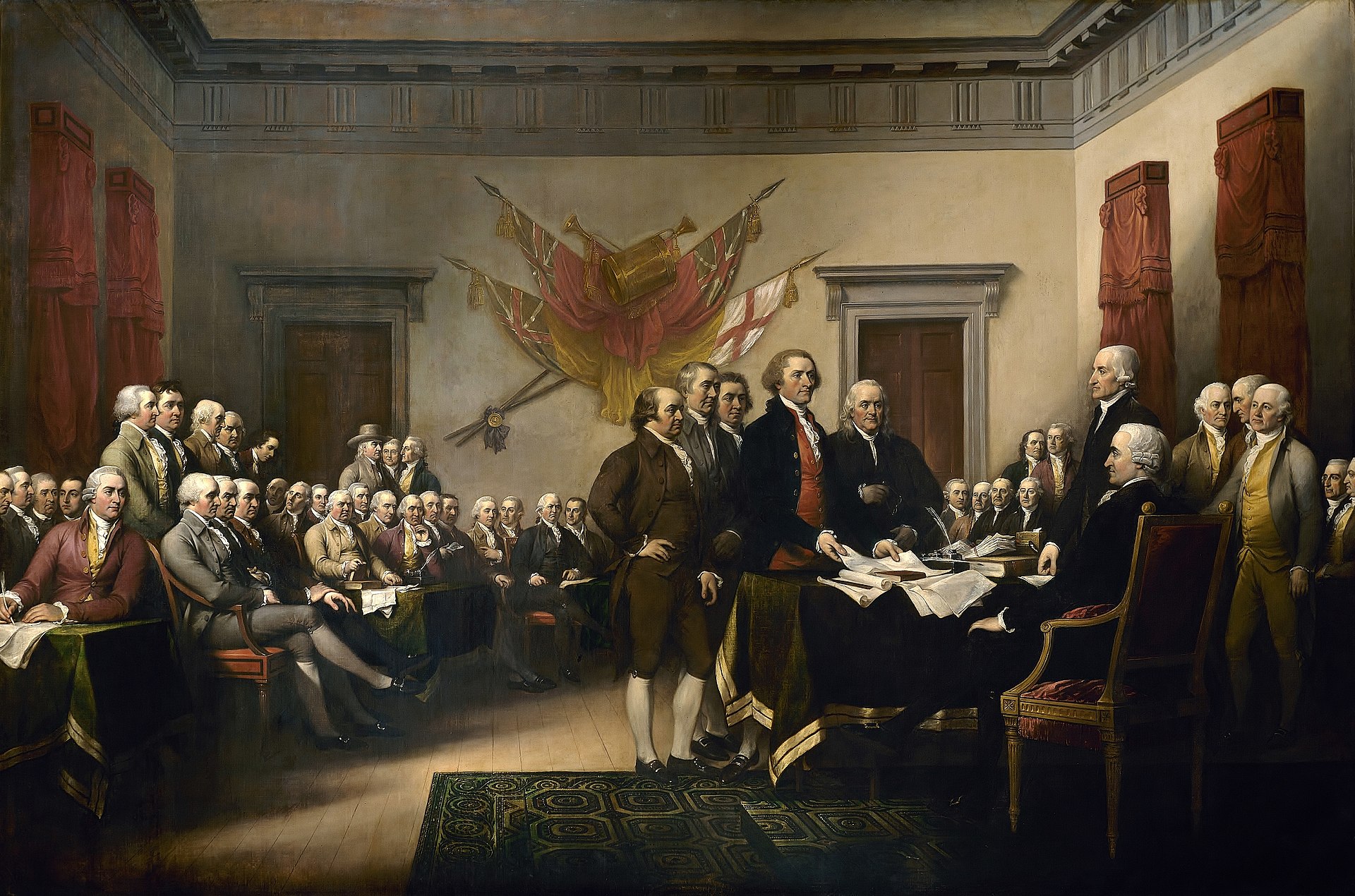
This class offers a survey of the United States’ major cultural narratives—those “agreed principles, values, and myths that give the country a coherent sense of identity” (Kean/Campbell 2), such as American Exceptionalism, American Dream, Frontier, or Manifest Destiny. Familiarity with these key narratives is indispensable for the study (and teaching!) of American literature and culture and will allow us to address fundamental questions such as: What is the role of narrative in the processes of shaping a culture? What is a myth? How are ideologies formed? How are discourse and culture connected?
In the first part of the seminar, we will read and contextualize texts and historical documents from the 18th to the 19th century. This was the period when most of the still prevalent cultural narratives emerged or were consolidated as part of the (future) United States’s efforts to imagine its independent nationhood. In the second part of the class, we will shift our attention to how cultural narratives have been and are still invoked in a broad variety of political and media contexts from the 20th to the 21st century. Students will be guided in analyzing the use of references to cultural myths through references, narratives, and images to better understand – and to be able to better explain – how awareness of the US’s past is instrumental to understanding its present.
This class will be taught in a blended format, combining asynchronous assignments with in-classroom meetings. In the final weeks of the semester, students will present their research projects on cultural myths in twentieth- and twenty-first-century culture.
- Dozent/in: Simeon Apitz
- Dozent/in: Katrin Horn